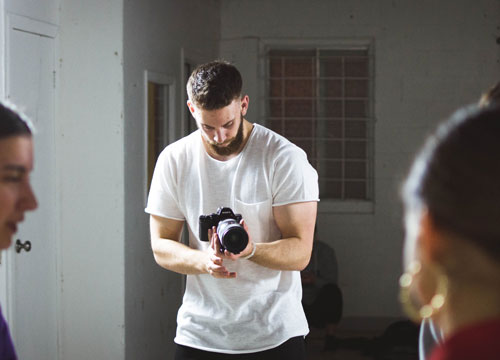Researchers have found that how you communicate — what you look like and how you sound — can be far more important than what you say when it comes to getting your message across.
While facial expressions and eye contact are technically not body language, they do contribute to nonverbal communication and can have a significant impact on a spokesperson’s ability to connect with the audience and get his or her point across. Researchers have found that people can identify various human emotions. Beginning very early in life, typically before a child’s first birthday, people begin building skills that enable them to accurately read the faces of people around them.
How can you remove expressions that don’t belong on your face? First, know what they are. Inappropriate expressions include distracting mannerisms or unconscious expressions not rooted in your feelings, attitudes and emotions. In much the same way that some speakers perform random, distracting gestures and body movements, nervous speakers often release excess energy and tension by unconsciously blinking rapidly, licking lips or tightening the jaw.
If you relax your inhibitions and allow yourself to respond naturally to your thoughts, attitudes and emotions, your facial expressions will be appropriate and will project sincerity, conviction and credibility.
Similarly, eye contact or lack of eye contact can also indicate a person’s attitudes and emotions. The eyes communicate more than any other part of the human anatomy.
Making and maintaining eye contact can have positive outcomes in the workplace. Eye contact can be used to indicate to a person that you are receptive to what they have to say. Additionally, eye contact may indicate that you want to communicate with a person. Finally, eye contact can be used to express respect for a person by maintaining longer eye contact.
We recommend that you lock eyes on the audience. Why? Maintained eye contact can show if a person is trustworthy, sincere or caring. Shifty eyes and/or too much blinking can suggest deception. The bottom line is that people with eye movements that are relaxed and comfortable yet attentive to the person they are conversing with are seen as more sincere and honest.

